You may have heard the term, inner monologue. This is perhaps one of the more popular terms for something that might also be called internal dialogue, which basically boils down to the constant chitchat that we seem to have going on all the time in our heads.
In this article I wish to address this inner monologue and give an explanation from the inner alchemist’s point of view, that hopefully will help people that have been interested in this internal talk, because of average concerns about how this constant monologue might affect their daily life, but also help those that are interested in more occult or spiritual practices and are interested in how this inner monologue, this internal dialogue, stops them from perceiving and working with the true magic all around them. I think that the inner alchemist’s point of view can help here because in its generally logical approach to most of the topics that it works with, it might allow in its clarity, to bridge the gap between different mindsets, different belief structures about the nature of reality, and allow both sides, those only interested in the objective world view and those interested in greater aspects of reality, to see how this inner monologue is quite simply the most powerful thing in our lives, no matter how we interpret the nature of personal and mass reality.
Before we can do that, we must clarify what inner monologue means, and I do believe that this is very important because there are many people out there who do not believe they have an inner monologue, or that take it for granted that they have such a thing as an internal dialogue but have not thus far perceived it, perceived the functioning of it in their lives as it transforms their lives through its constant chatter. It must be clearly understood that all people have an inner monologue, indeed you might say that the inner monologue is what keeps our world stable, it is what keeps our individual version of reality and our consensual human world stable within the individual’s field of perception and action, and what keeps the mass of the species stable and accessible to all those that share a similar internal dialogue. And finally, that while the average person might believe that this inner monologue is the result of external reality, that is the inner monologue is created by the out there, by the perceptions of the out there, inner alchemist’s along with others that share spiritual and similar occult inclinations believe that the opposite is the case. That is, that those that believe that the inner monologue and reality are far more nuanced and point to spiritual origins, do indeed believe, that it is an inner part of us that creates the monologue, that it is an inner filter that has its source within us before it can in any way be shaped by things outside of ourselves, in essence that the inner creates the outer and not the other way around.
But before we get to such distinctions, it is best that we begin defining these terms, in accordance with different tiers of personal belief and understanding.
If you are more into spiritual or occult practices, you might have heard different terms for this inner monologue, the most popular of which might I suppose be something like internal dialogue, or perhaps talking to yourself. Others with a more outward focus might have heard about this inner monologue due to different psychological studies that point to the general makeup of human consciousness. But whatever the case, we can begin on a similar footing. So, from whatever perceptive position, to explain what internal dialogue is, it becomes very easy to explain it if we think of it as a stream of dialogue in our heads, that is we imagine that it is our endless talking to ourselves in our heads. This is a good definition because this is in essence what we are doing, we are constantly communicating to ourselves, mirroring the nature of our beliefs about reality, of our perceived version of reality, our world view, our reality tunnel, to ourselves in a nonstop fashion, so that we are endlessly repeating what we believe to be. This is a general and good definition of inner monologue.
In that sense then, when we used terms like dialogue or monologue or talking to ourselves, we can easily understand what this means generally. This understanding works well whether you believe in the more spiritual aspects of reality or whether you believe that reality is more object like, because this set of terms basically means quite simply the endless talk that we do in our heads, the endless talk that we have with ourselves about the nature of reality.
Now, because of the terms used, like monologue or dialogue, we tend to imagine right off that this is quite literally a voice that we hear in our heads, and it is there and for that reason, because of the tricky nature of words, that many of us might have difficulty in understanding how this monologue relates to us personally. The reason for this is that we may expect to hear that voice as it is described by that term, inner monologue, or internal dialogue. We might expect that we will be hearing a little voice in our ear perhaps, and sometimes failing to do so we might believe that we do not have this kind of inner monologue, or we might believe that we do not have a strong monologue, that we might be special somehow or different, and that our particular version of this monologue might not hold the kind of power over us that it might over others.
This is a big mistake of course because we all have this inner monologue, that is we all engage in talking to ourselves, but by saying that we are just talking to ourselves we are greatly simplifying what is going on, and due to this oversimplification that has a great deal to do with the kinds of words used, the way that we try to share dogmatic information with each other, we may fail to understand how this talking to ourselves really works and how much of an effect it has in our lives.
There are many people that do indeed hear a monologue to some degree depending on how awake they are to this monologue. That is, they do not actually hear a little voice in their heads most of the time, but what they do experience is kind of word like or like an odd stream of words that may seem to almost be telling them what to do, describing the world to them, in a linear way that if they think about it might resemble the way that they might read text on a book. This is in essence their version, of the endlessly repeating loop of their personal reality tunnel, their belief system, their inherent beliefs about the nature of reality, their personal version of reality in accordance with what they know they have experienced thus far. What this means is basically that they have a more auditory type of monologue. That is, they seem to hear things in a kind of way, they tend to experience things in a sequential linear order sort of like text on a page perhaps, and they tend to be cognizant of a great deal of the things that happen within their minds in that kind of auditory or word like structural way.
There are other types of people that might not experience this monologue in an auditory like way, but instead they sort of see this monologue, that is they tend to perceive and order the things in their minds in a more visual manner, meaning that they might separate things into different idea pictures, and these idea pictures might occupy different spaces within their minds, or these different mental actions that form the basis of awareness might happen in a sequential structure that has one picture idea after another picture idea, or that might have picture ideas superimposed before them in the same way that we might see different windows on a computer or a tablet, that then allows for this visual, this picture idea way, of structuring what it is that is happening in their minds and how it is that they perceive most of reality in general.
There may be other people even that tend to feel such perceptions. They may structure and perceive those things that are happening internally in a more feeling way, that is they may feel their way across the vistas of their mind and in that way structure their idea of the world in a more feeling like way, so that certain feelings allow for certain perceptions and certain organizations to be made, that then may allow them to get more of a feel for what they think is going on in accordance to that belief structure that is in essence the foundation of all inner monologue.
These are the three basic ways that we may structure and perceive our inner monologue, but there are subtle combinations of the above and it may even be that certain things may be experienced in one way, while other things may be experienced in subtle combinations of others. For example, it might be that certain people might experience the perceptions and the memories of music in a more feeling like way while other things for them might be more visual in nature, like when they think about physical art or certain kinds of mass media. It is the case that we may also combine an auditory like way with a visual way or feeling like way, and intermingle these in different amounts to create our own specific way of communicating with ourselves; our own individual and highly personal inner monologue.
I mention this here because it is very important to understand that we all have this inner monologue, and calling it inner monologue may make it seem like it is some kind of little voice that you hear, or some kind of wording that you might experience because of the fact that the way we describe this inner perception tends to favor a more auditory way of perception and structure, due to the fact that we communicate through words and therefore in an auditory kind of way. But this monologue is in essence quite a structured and complex affair at times that may be very difficult to grasp as it is happening, and therefore it can be quite difficult to figure out just how this monologue is happening to you personally. What I mean by this is that catching the inner monologue within ourselves is sort of like catching ourselves having a dream or a daydream.
You may have noticed that you are seldom consciously awake in a way within dreams. For the most part we tend to remember dreams after we wake up, but while in them, even though a part of us does seem to be awake within them, we are very seldom lucid within them, we are most often remembering them after they have happened, it is sort of like remembering something you did while you were drunk, and this is the reason why many people might keep a dream journal. If you are and have been quite aware of your flow of thoughts, then you may have noticed that this also happens while you are daydreaming, that you are not actually fully yourself in that daydream somehow, that you often need to look back at it to remember it and be fully conscious of all that happened while in the midst of it. We are very seldom conscious to the stream of our thoughts as they are happening. For that reason, most of us tend to have difficulty in noticing our inner monologue as it cascades across our minds. We are most often remembering or reacting in retrospect to a flow that is most often too quick for us to grasp fully as it is happening.
A person can though if they are vigilant, using some of the techniques that I have discussed in my books, begin to perceive some of this monologue within themselves, which as I have said might take the form of picture words or feeling like auditory intuitions in a multiplicity of different ways, and if they are truly vigilant, they might notice how this flow seems to move outwardly somehow, from the inner to the outer, and in that way filter the nature of their overall reality.
As I mentioned at the start of the article, the most powerful thing in our lives is this inner monologue, and for that reason it is very important that we begin to become conscious of it and that we understand that if we do not try to at least control the volume of it, the flow of it, this inner monologue will continue to shape our lives unconsciously, that is without our conscious understanding of why it is that our lives are the way that they are.
If you are not someone who believes in any kind of spiritual or occult practice, you may feel that this inner monologue is not important, or that it is less important than many might imagine, at least in your life. But the reality is that everything that we do and many of the things that we feel, perhaps most of the things that most people do and feel, is the result of this internal monologue.
You might think that what you feel is a response to outer causal, that is cause and effect things that are happening beyond you in the exterior world. You might think that you might see something, or you might experience something and because of that you feel what you feel about things because of that thing that happened out there, and there is some validity to this. But it must also be understood that just like catching a dream in the process of that dream or catching this monologue in the process of it, it is also hard to experience the world head on and with a blank slate as it were. Most often we are reacting to the world not in a direct and present way, but instead we are reacting to the world in accordance to what we believe about the world, a good way to say this would be to say that we believe that the world is the map of the world, the map that we have created for ourselves of the world, instead of the actual world, instead of the actual territory. As Alfred Korzybski said, “The map is not the territory”, our map, our filter of the world, is not the actual world, even our reaction to what we think the world is, is not a pure reaction to the world because we are filtering that world through that map and we are also providing a response in accordance to that map as well, and therefore our response to that idea of the world is also not pure and direct. This is crucial to all understanding of the true reality of essence, whether you believe an objective reality only or whether you believe in a more spiritual world view. In my writings I often write about this by talking about belief structures, about how important they are, how they create our entire world. But as you read or hear about this from me, you might not understand how it is that beliefs can change reality, can color reality. Well, how all of this happens is through the inner monologue.
Even if you do not believe in the power of the mind to change the world from a more arcane and ‘thoughts are things’ kind of perspective, it is important to note that what we believe about what might happen, must be happening, is how we perceive what is happening. Let me repeat that because it is very important, what we believe about what might happen is how we perceive what is happening.
For that reason, it is quite possible for two people to see the same thing but perceive the essence of that thing in completely different ways. As an example, we might contemplate two people that are standing right beside each other and looking at what objectively would seem to be a simple apple. You would think that both people would see the apple clearly and being that most inner monologue is very coherent and similar between people, especially people from the same cultural tradition, they would both be seeing the same thing with no deviation whatsoever. But, there are subtle differences, and those differences do matter, all puns intended. And this difference in subjective experience does matter because it goes about creating an external kind of experience because of it, that can turn into quite objective matter, actually measurable matter. But again even if you do not believe that such a thing is possible, you must realize that even the subjective nature of each individual monologue can so color the nature of an external thing like this apple, to the point that these two different people might be perceiving subjectively incredibly different things, and in that subjective difference there is the possibility for a great diversity of action that then becomes objective reality one way or another. The subjective matters in other words, and this is something that some rationalists sometimes refused to acknowledge.
In this case, one person might see the apple let us say, and instantly see in a subjective sense within their minds, in accordance with their inner monologue, incredible growth, beauty, and a delicious treat that is both healthy and alive. Another person seeing the same apple at the same time might see in accordance with their individual monologue, pollution or corrosion and might experience a far different view of reality in general, that may then make them act quite physically in a completely different way. What is happening here is that both people are experiencing in the outer world a causal event, a seemingly from the rational point of view outer experience, that in this case is characterized as an apple being placed before them. But they are both, due to their inner monologue, perceiving and structuring their perceptions completely differently due to the map that they have about the actual territory.
This monologue that might be visual, that might mean pictures or flashes of whole concrete things, windows in their minds eye, may mirror the apple that they see with their physical eyes, so that they might see the apple with their physical eyes and in a flash so quick that it might go completely beyond conscious awareness, they might see a picture in their heads that might enliven them and put them in a good mood, or do the opposite.
This inner monologue is real, it happens to all of us, and it gives us the structure of our reality, it keeps clear and alive the created map of our territory, it constantly and endlessly feeds to us our personal belief structures. Understanding the fact that we all have this monologue and understanding the fact that this monologue can be a difficult thing to catch ourselves in the middle of, it becomes highly important to learn to work with this monologue when we start to make the connections between that monologue and the nature of our perceptions, and further how these perceptions, through subjective states, go about creating our seemingly objective reality.
This is especially the case if you do feel that the nature of all reality, the actual physical world, has a basis that is far deeper than just an outer physical one of limited rational cause and effect perspectives. That is, if you believe that there is in inner more subtle and complex reality that creates the outer world.
The reason for this is that if thoughts do have the power to transmute, to manifest some or perhaps even all of the things that make up personal existence, to one degree or another, then how this monologue happens within ourselves and what the nature of this particular monologue might be for us as individuals and as a species, is very important, all important not only in how we may perceive and structure the world, but also how we create our own individual and mass world from the inside out.
The inner monologue is a very powerful thing. This internal dialogue is what literally makes our world, but the nature of this dialogue is as complex as any dream that we might have, were symbols and different perceptive picture ideas, almost inaudible words, and perceptive feelings of the most nuanced kind come together to put a filter before us and explain a deeper inner truth in a way that we might understand more easily. To put it in another way, the inner monologue of most people is simple because it is a good way for us to grow, it is sort of like a safe playground for us to grow and develop, but as we grow, deep within ourselves we all strive for greater knowledge and greater perceptions, and this is at its core a deep desire within us to expand the nature of this monologue, and make it more complex and understandable to us at the same time.
We are ready for a more complex monologue, a monologue that can understand just how powerful this mirroring of our belief structure to ourselves is, and how by learning to stand in the flow of it and perceive it, and by in that way learning to manipulate it as we face it directly, we can begin to understand the nature of reality in a far deeper and more powerful way.



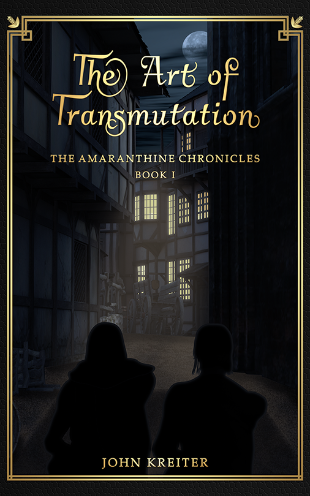
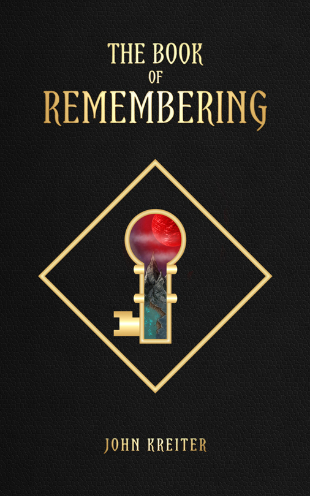
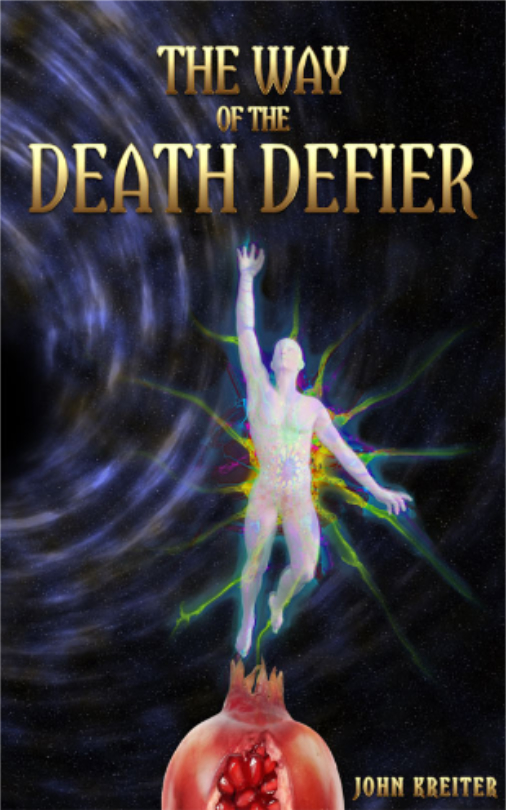
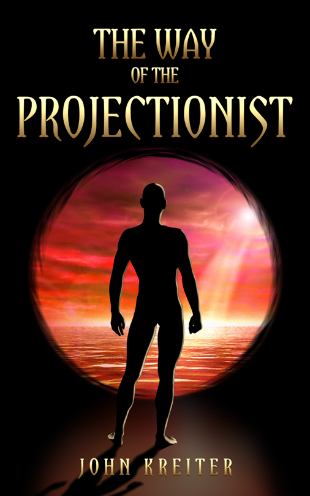
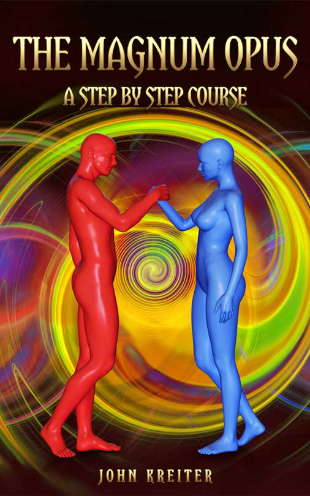
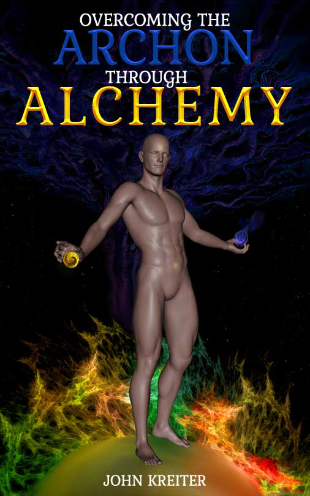
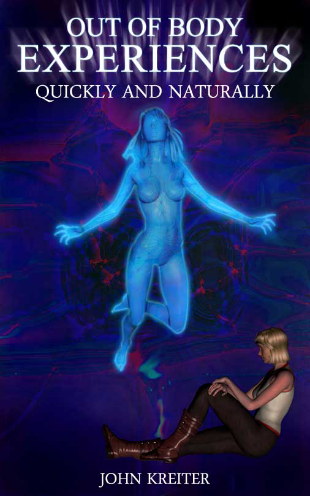
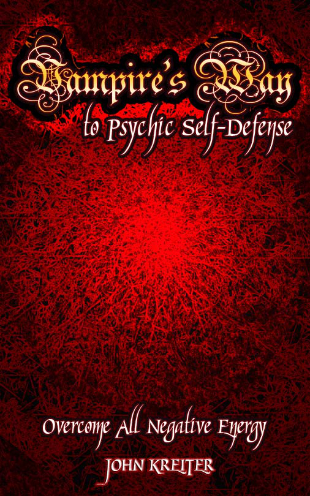
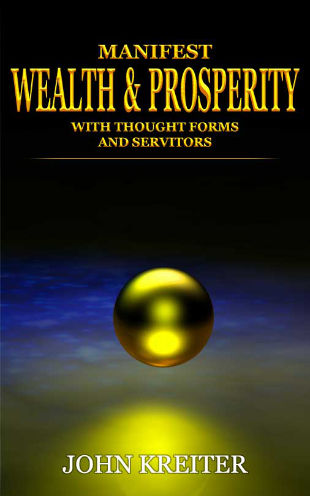

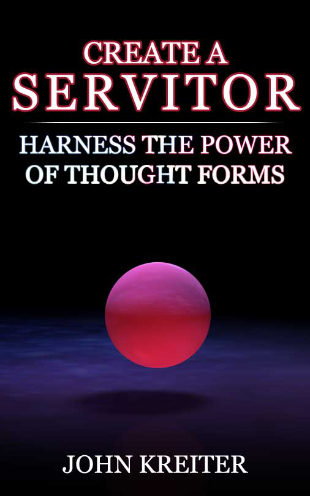

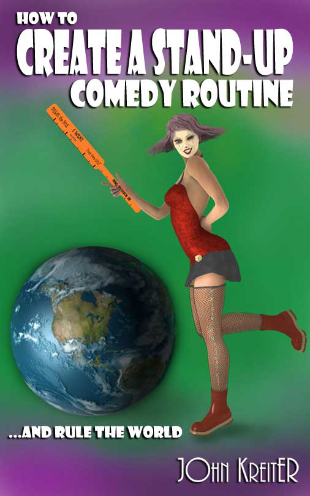
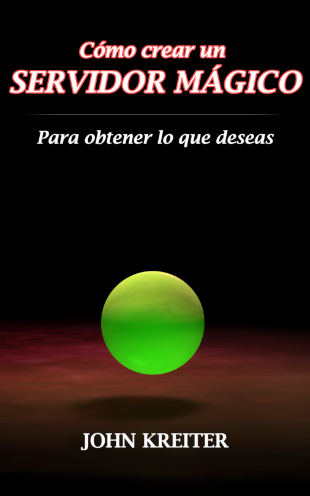
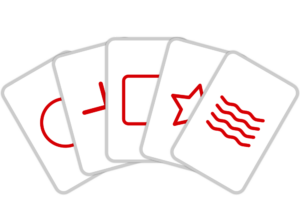

Leave a Reply